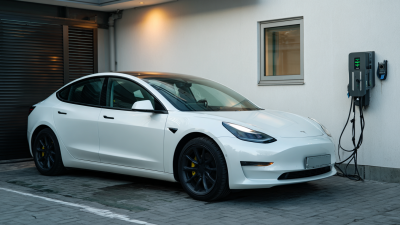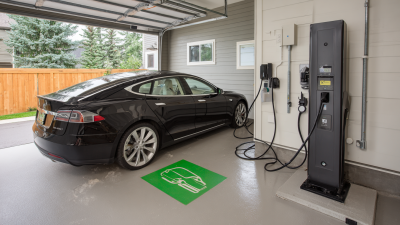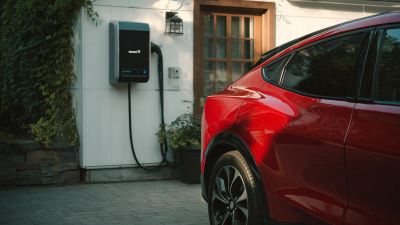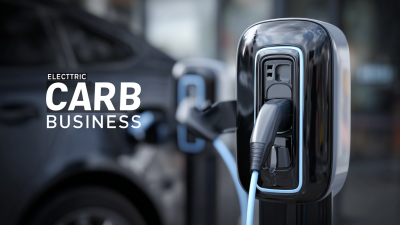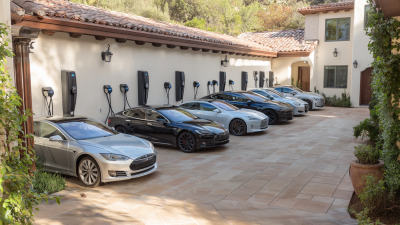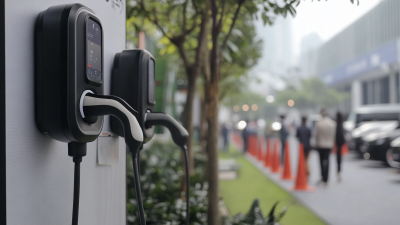As the demand for electric vehicles (EVs) continues to surge, with the global EV market projected to reach over 26 million units by 2030 according to a report by BloombergNEF, the role of Home Vehicle Charging Stations has never been more critical in promoting sustainable living. These charging stations not only facilitate the transition to cleaner transportation but also empower homeowners to take control of their energy consumption. A study by the International Energy Agency highlights that enhancing home charging infrastructure could potentially reduce urban air pollution levels by up to 50%. Furthermore, integrating renewable energy sources with Home Vehicle Charging Stations can create a synergistic effect that contributes to a more sustainable energy ecosystem. As we transition towards a greener future, exploring the potential of these home installations is vital for both individual consumers and the broader community in the quest for environmental sustainability.
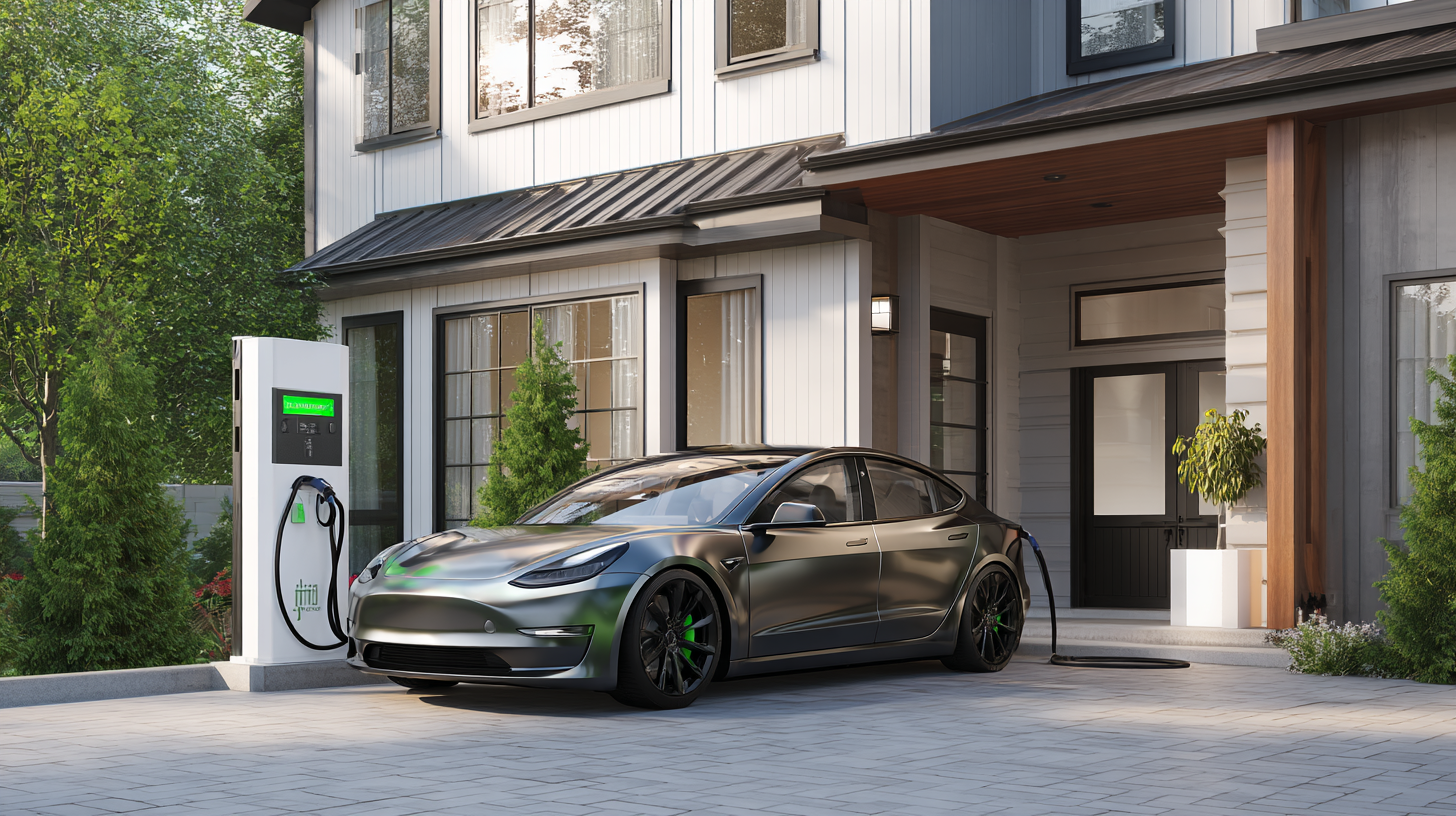
Home vehicle charging stations are becoming increasingly vital for sustainable living as they provide numerous benefits that support both personal convenience and environmental stewardship. By investing in a home charging station, electric vehicle (EV) owners can enjoy the autonomy of charging their cars overnight, ensuring they start each day with a full battery. This not only eliminates the hassle of searching for public charging stations but also reduces anxiety related to running out of power, especially during long trips.
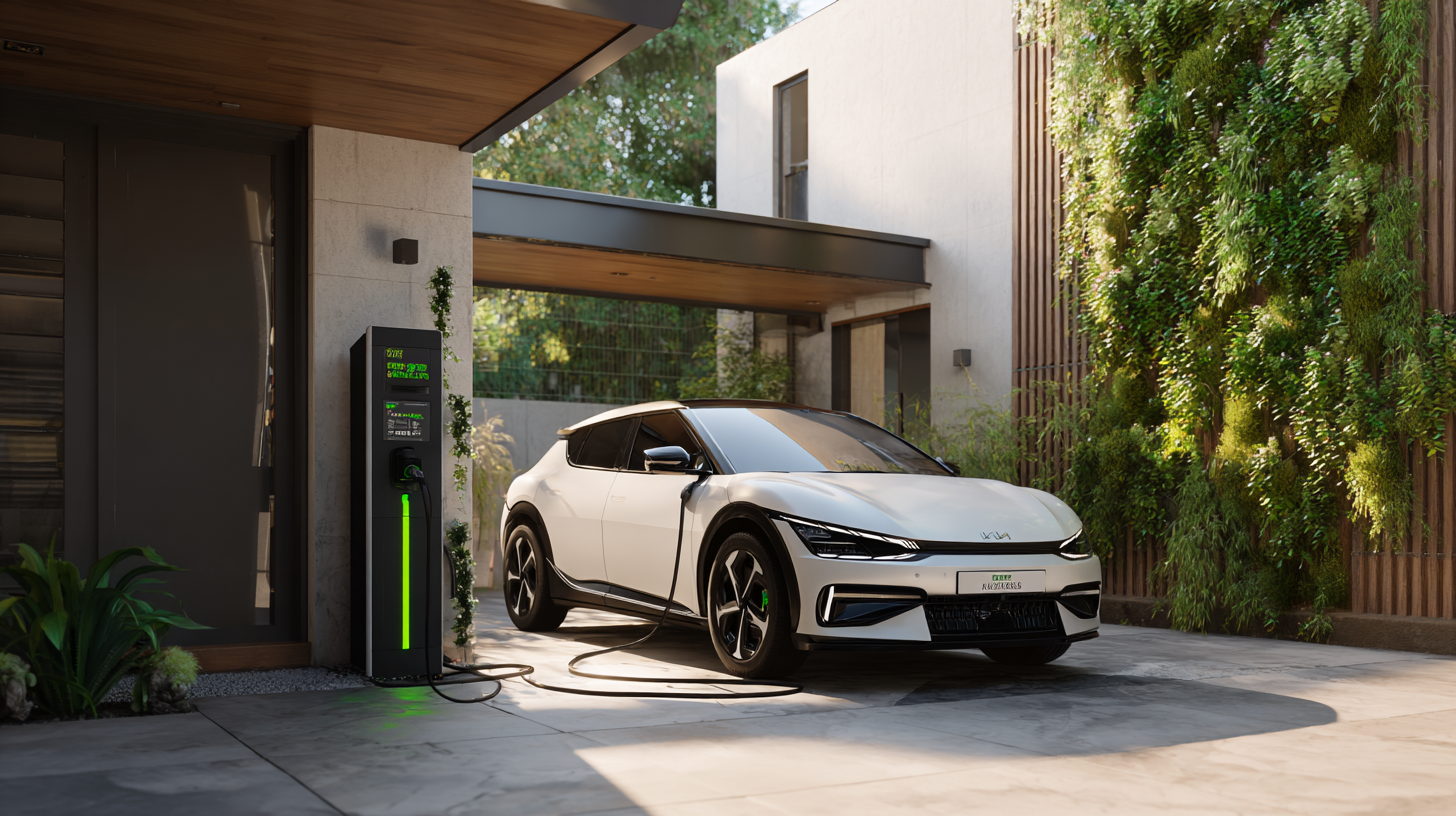
Tips for optimizing your home charging station include choosing a model with a smart charging feature, which allows you to schedule charging times during off-peak electricity rates. This can significantly lower energy costs while minimizing demand on the grid. Additionally, consider installing solar panels, as they can power your charging station sustainably, further increasing your energy efficiency and reducing your carbon footprint.
Moreover, having a home charging station increases the overall value of your property. As more consumers seek eco-friendly vehicles, homes equipped for EV charging are likely to stand out in the real estate market. When planning your charging setup, keep in mind the importance of location; placement near your garage or driveway ensures easy access and reduces extension cord use, leading to a safer and more organized charging solution.
When considering the future of home vehicle charging stations, understanding the essential features is crucial for sustainable living. A report from the International Energy Agency (IEA) indicates that by 2030, electric vehicle (EV) sales are projected to reach 30 million units annually, driving the demand for efficient home charging solutions. The first key feature to look for is charging speed. Level 2 chargers typically deliver up to 7.2 kW, allowing for a full charge overnight, which is essential for daily use. Another critical aspect is smart technology integration, enabling users to monitor and control the charging process through mobile apps. This can lead to optimized charging times and costs, especially when paired with renewable energy sources.
Tips: To maximize your home charging station’s efficiency, consider investing in a unit that supports solar integration. This allows homeowners to harness renewable energy for charging, significantly reducing carbon footprints. Additionally, look for a charger with adjustable amperage settings to accommodate different vehicle charging requirements and household electric loads.
Security features are also integral to a home charging station. With theft and vandalism being concerns for outdoor installations, opt for chargers with built-in locks or those that offer remote access controls. The potential for increased home value through the inclusion of modern charging infrastructure cannot be overlooked, especially in a market increasingly favoring sustainable living solutions.
As the demand for electric vehicles (EVs) continues to rise, optimizing home charging times and efficiency has become crucial for eco-conscious consumers. One effective strategy is to install Level 2 charging stations, which significantly reduce charging time compared to standard outlets. Homeowners can also take advantage of time-of-use electricity pricing by scheduling charging during off-peak hours. This not only saves on energy costs but also helps to balance the load on the power grid.
Additionally, integrating smart home technology can further enhance charging efficiency. With smart chargers that can be programmed remotely or set to respond to real-time energy prices, EV owners can maximize their savings and ensure their vehicles are charged when energy is cheapest. Furthermore, homeowners are encouraged to keep their EV batteries within optimal ranges and utilize features like battery management systems to prolong battery life. By implementing these strategies, EV users can contribute to a more sustainable future while enjoying the benefits of home charging.
The future of home vehicle charging stations is rapidly evolving, driven by the integration of smart technology that enhances charging management. As the demand for electric vehicles (EVs) continues to grow, the market for innovative charging solutions is expanding. A significant trend is the development of resonant and inductive charging systems, which eliminate the need for physical cables, providing a seamless and efficient charging experience. This technology includes key components such as charging pads, power control units, and vehicle receivers, creating a holistic ecosystem for EV users.
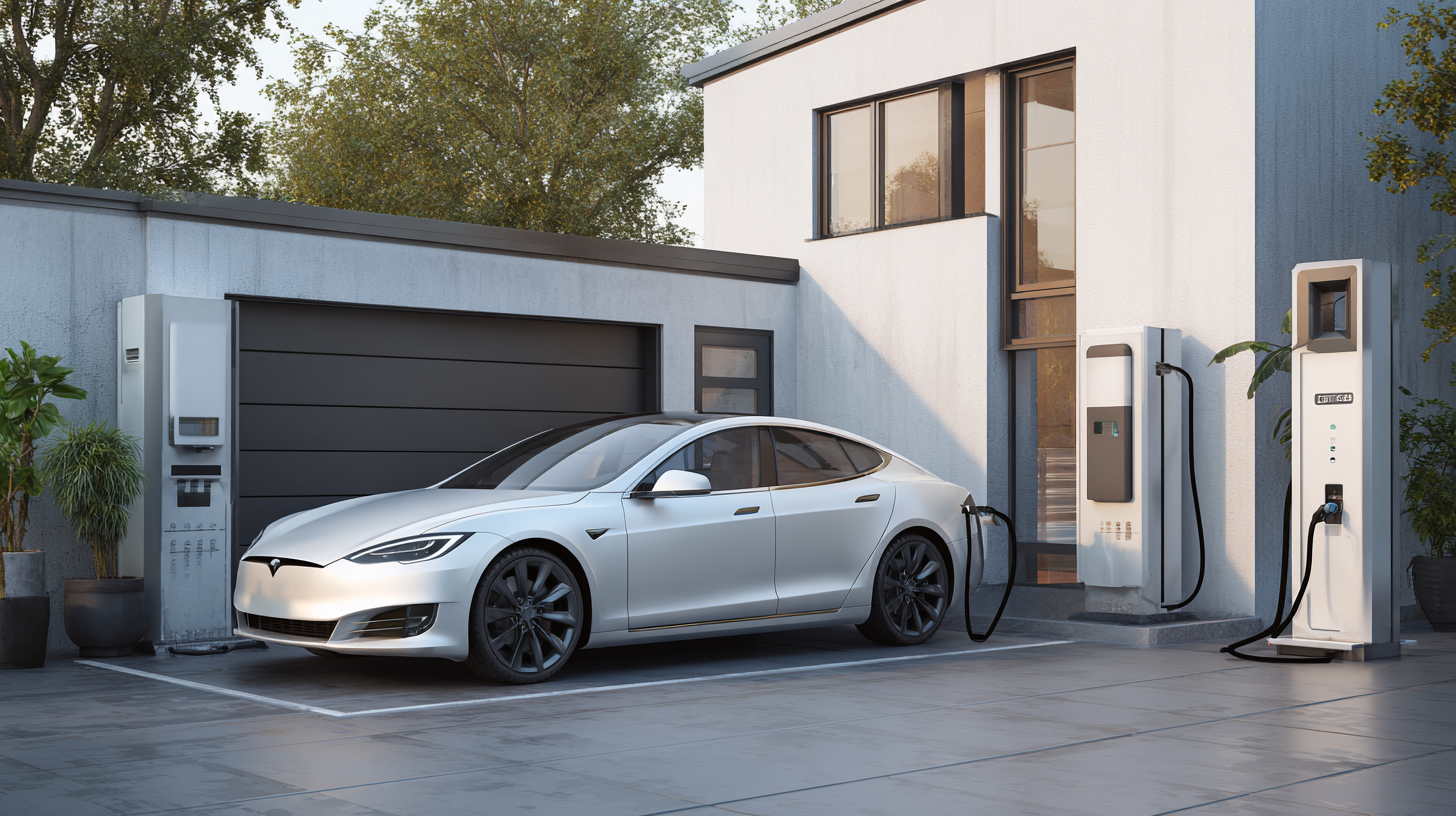
Advancements in battery management systems, particularly those integrating technologies like EIS (ElectroChemical Impedance Spectroscopy), are paving the way for improved battery health monitoring and safety in electric and energy storage systems. This technology enables real-time synchronization of battery cells, ensuring optimal performance and longevity. Additionally, the transition from traditional hardware-oriented solutions to smart, software-defined energy management systems is transforming the residential energy landscape. The integration of artificial intelligence with user-friendly applications enhances not only the management of energy consumption but also increases the overall convenience and user experience for EV owners as they navigate the future of sustainable living.
As the push for sustainable living grows stronger, many homeowners are considering the benefits of installing home vehicle charging stations. Financial incentives and grants play a crucial role in easing the financial burden associated with this transition. Various programs offered by local governments and utilities have emerged, providing significant rebates and tax credits to encourage the adoption of electric vehicles and their corresponding home charging infrastructure. These incentives not only enhance the financial appeal of installing a charging station but also promote a cleaner environment by facilitating the use of electric vehicles.
In addition to government support, many utility companies have launched initiatives aimed at making home charging more accessible and affordable. These programs often include reduced electricity rates during off-peak hours, making it more cost-effective for homeowners to charge their vehicles at home. Furthermore, some organizations are offering grants that can cover a substantial portion of installation costs, ensuring that more individuals can participate in the move towards sustainable energy solutions. By leveraging these financial resources, homeowners can seamlessly integrate electric vehicle charging into their living spaces, paving the way for a greener future.
| Incentive Type | Description | Average Amount | Eligibility Criteria | Application Process |
|---|---|---|---|---|
| Federal Tax Credit | Tax credit for residential EV charging station installation. | Up to $1,000 | Must purchase a qualified EV charging station. | File IRS Form 5695 with your federal tax return. |
| State Rebates | Cash rebates offered by states for home charging station installation. | Varies by state, typically $200-$500 | Varies by state regulations. | Submit a rebate application to the state energy department. |
| Utility Incentives | Discounts or rebates offered by utility companies for EV charger installation. | Up to $500 | Must be a customer of the utility company. | Contact the local utility provider for details. |
| Grants | Funding for homeowners to install charging stations through government or NGO initiatives. | Up to $2,500 | Eligibility based on income or location. | Apply via the grant provider's website. |
